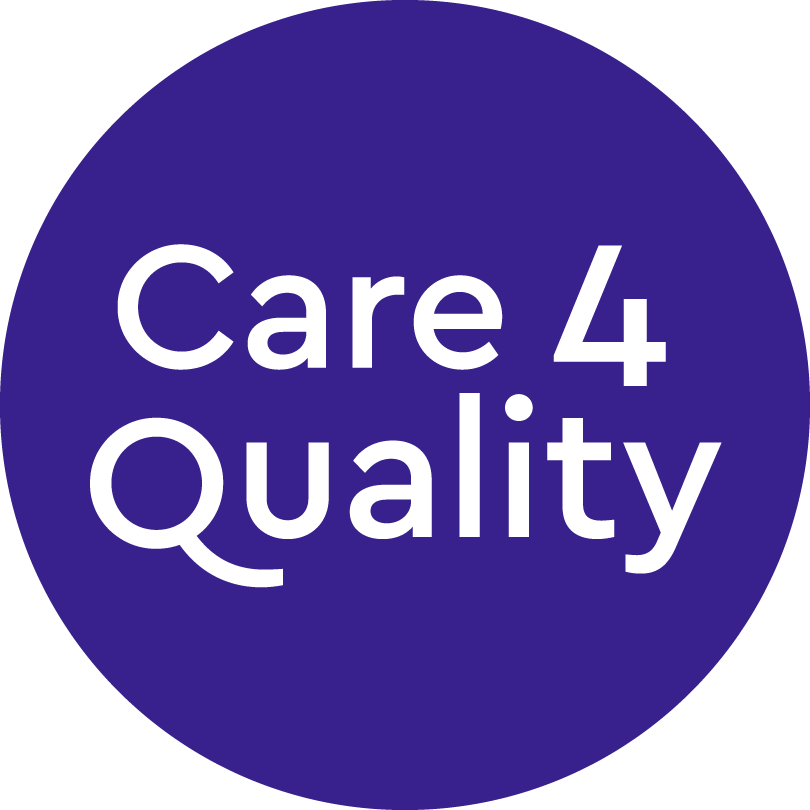For many, the inspection day itself is not the most stressful part of a CQC inspection. Instead, many practice managers report that staff feel increasingly stressed and anxious during the lead-up. This can have an impact on staff and patients alike, so help manage this anxiety by sorting out the myth from the reality.
Here are some common myths and misconceptions that inspectors encounter during an inspection:
Data protection
Data protection regulations have recently been updated, and working to ensure you are compliant can be a confusing process. Contrary to popular belief, CQC inspectors do not directly asses GDPR compliance, nor will they look directly at technical data details. Instead, inspectors want to see the process your practice takes to protect sensitive data, so be ready to give a reason for your how you manage data.
Vaccinations
Anti-vaxxers are never far from the media’s attention at the moment, and you might forgive staff for being a little nervous about contact with so many patients. Keeping staff safe is a top priority; however, CQC inspectors do not need to see a blanket approach to vaccinating staff. Instead, the regulations prioritise those who are directly involved in patient care. For example, the annual influenza vaccine is not recommended for staff who do not have routine contact with patients. On the other hand, the MMR vaccine is obligatory for any staff who have direct contact with patients. Other vaccinations are left to the practice manager’s discretion, so make sure you look up the regulations on, for example, Hepatitis B or Varicella.
Handwashing
Handwashing is an important part of how a practice can manage the risk of disease transmission, and the CQC inspector will see it is an important sign of how the practice operates. However, it is a common misconception that the CQC requires practices to have a particular kind of laminated handwashing sign above every basin. This is not true. Instead of prescribing the type and quantity of handwashing signs, the CQC inspector will be looking for evidence that there are accessible and readily available adequate hand-washing facilities and that staff have adequate training in handwashing techniques.
Need more CQC inspection myths busted? Get in touch with Care 4 Quality. today to clarify what you can expect.
